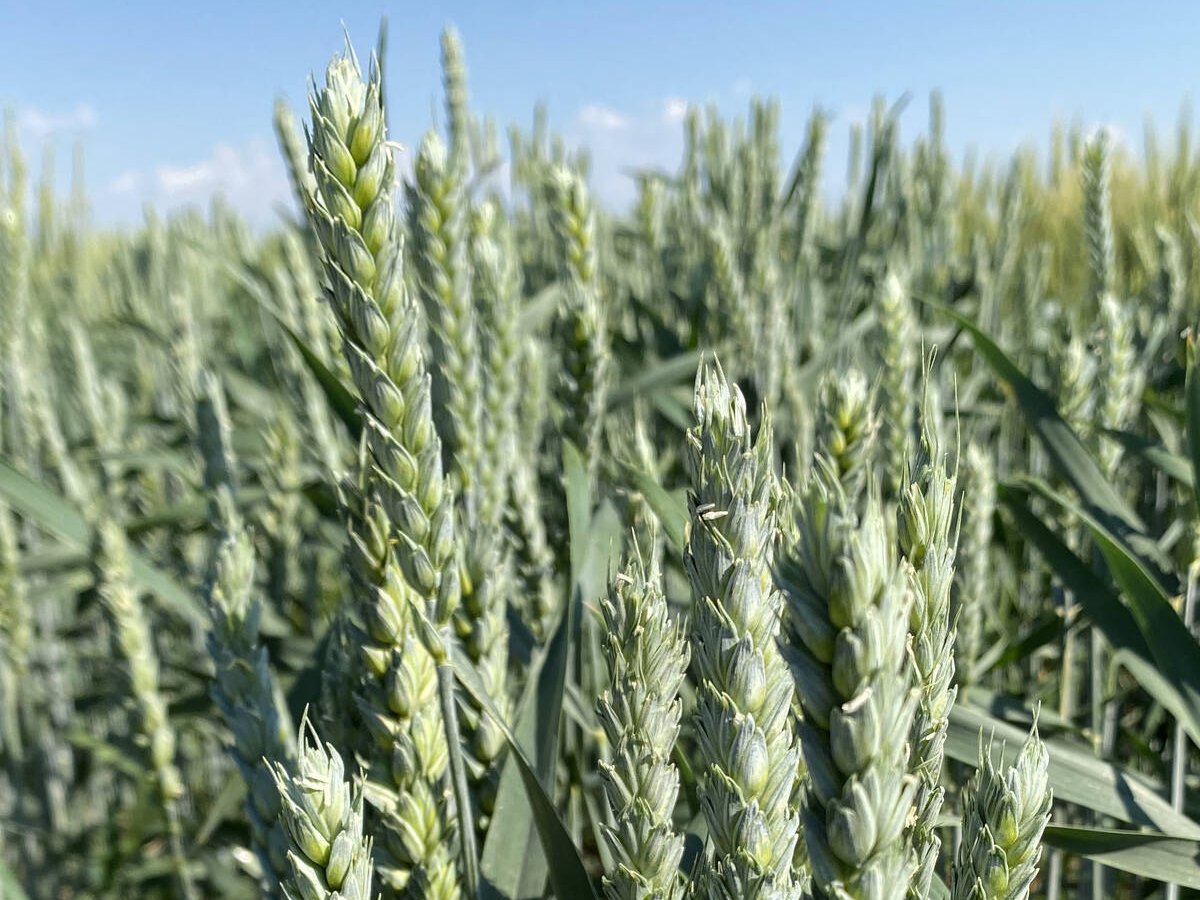Agriculture Canada is asking a cross-section of agricultural export interests how its proposed Agricultural Market Access Secretariat should work.
There is no lack of opinion.
Ted Haney, president of the Canada Beef Export Federation, told the House of Commons international trade committee April 2 that he considers the secretariat set up by federal agriculture minister Gerry Ritz in January a “centre of excellence in agriculture trade policy.”
He said it should deal with key obstacles that have faced exports since the 1994 world trade agreement prohibited use of new tariffs to block imports.
Read Also

Discovery promises big wheat yield gain
University of Maryland researchers have discovered a gene that produces three grains per wheat floret instead of the usual one.
“Since then, all they’ve had is trumped up safety protection and that requires great technical resources, great policy resources and great political resources to break down those new, very difficult to define barriers,” he told MPs.
“These are the things we need.”
Canadian Pork Council chair Jurgen Preugschas from Mayerthorpe, Alta., told the same committee the government announcement was great news.
“But it is necessary for the government to properly fund the secretariat, aggressively explore trade opportunities and assist our sector in developing measures to increase exports to other markets.”
In other words, industry has high hopes and great expectations.
However, inside the Agriculture Canada bureaucracy, putting flesh on the bones of the minister’s announcement is a work in progress.
A senior official involved in trying to create the secretariat said in an April 6 interview that consultations within government and with industry and the provinces will determine the secretariat’s final shape, mandate and resources.
“The goal clearly is to work with industry to sharpen the focus on market access priorities,” said Blair Coomber, director general of the bilateral relations and technical trade policy directorate.
“We want to focus on the key markets and what needs to be done to improve access because the focus is trade and producers have said repeatedly they want to earn their living from the market. The goal is to give them more market options.”
Coomber said the final structure of the secretariat has not been decided, but it will be housed in Agriculture Canada and will involve officials from the department, the Canadian Food Inspection Agency and the international trade side of the foreign affairs and international trade department.
“We want to continue consultations with industry and the provinces to make sure we’ve got it right before we launch,” he said.
It will be created during the current fiscal year that began April 1.
Coomber said CFIA will be involved because many of the access disputes involve complex technical rules and barriers that require negotiations between expert regulators.
The secretariat will pursue market access for all agricultural sectors that export, but the early focus will likely be on the livestock sectors.














